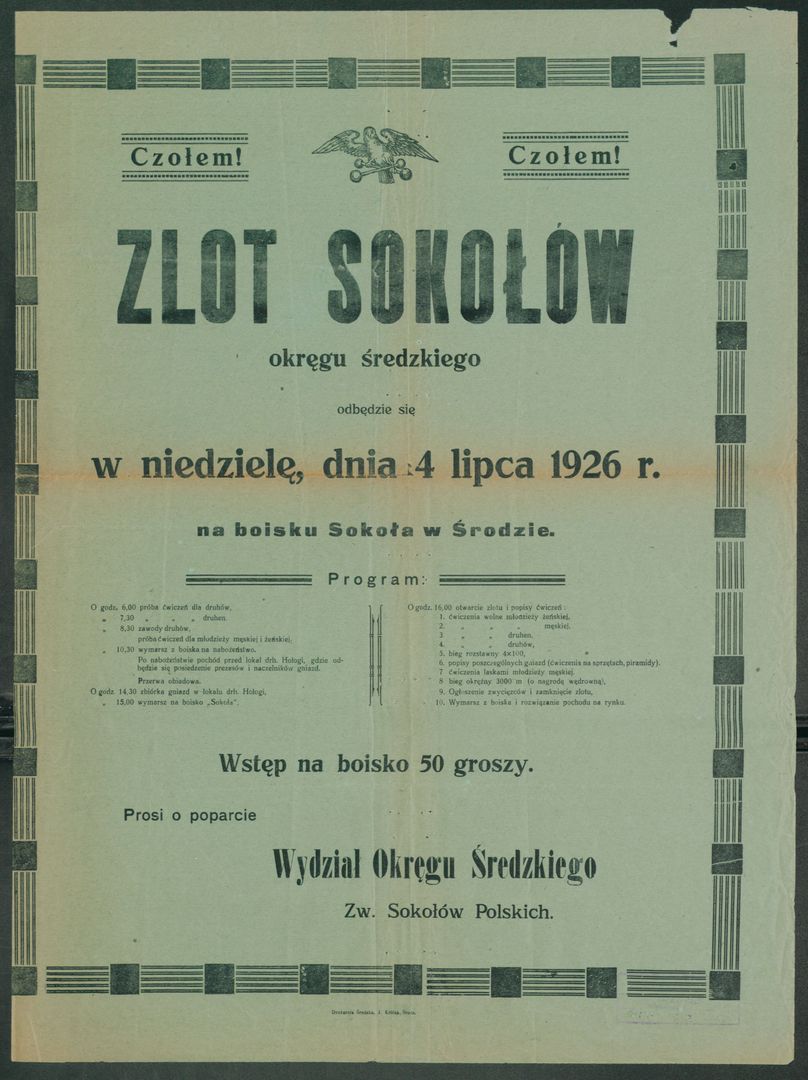Września
7.01

Overview
Środa Wielkopolska, a town in the Greater Poland Voivodeship, boasts a rich history dating back to the Middle Ages, when it was an important trading and administrative center. It was known as the venue for local provincial assemblies (sejmiks), highlighting its political significance during the era of the Polish-Lithuanian Commonwealth. The town's architecture retains elements of its historic structures, including a market square with its original urban layout and a late Gothic collegiate church built between 1423 and 1428. Other notable landmarks include the Neo-Romanesque Church of the Sacred Heart of Jesus and a 19th-century rectory. An interesting fact is that Środa was the site where the first instructions for parliamentary envoys in the Polish language were introduced at a sejmik in 1534. During the Swedish Deluge, it is estimated that 65% of the town's houses were destroyed. In the 20th century, Środa developed dynamically, transforming into a local industrial hub with the establishment of a sugar refinery and various craft workshops. Today, the town's growth is centered around micro-enterprises, contributing to its economic vitality. Środa also offers extensive sports, cultural, and educational infrastructure, including a museum, parks, and sports facilities. The town actively engages in cultural life by hosting events and serving as the base for local cultural societies. It is renowned for its strong scouting and sports traditions, celebrating the successes of local athletes, particularly in team sports.
Location
2026 Wizytor | All Rights Reserved